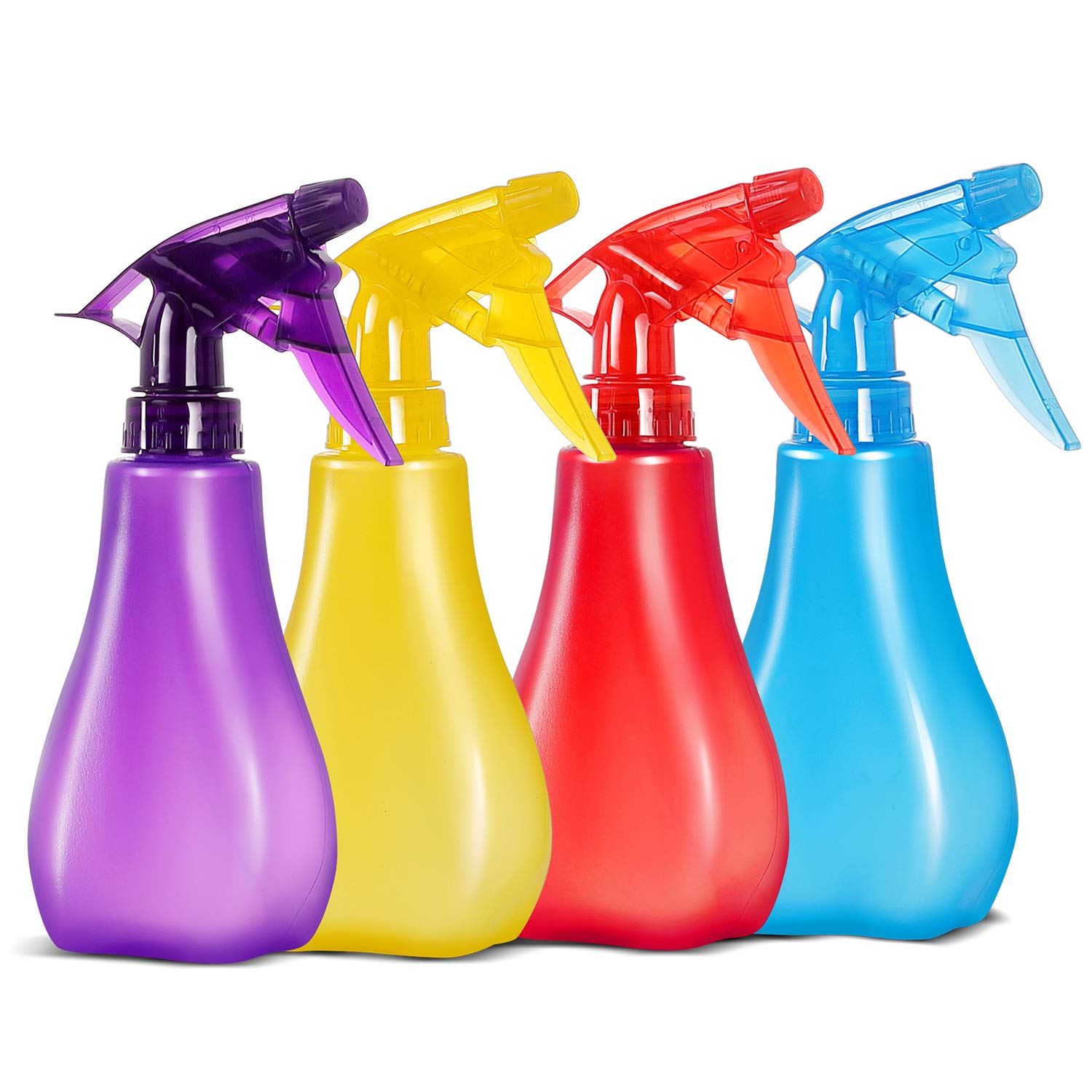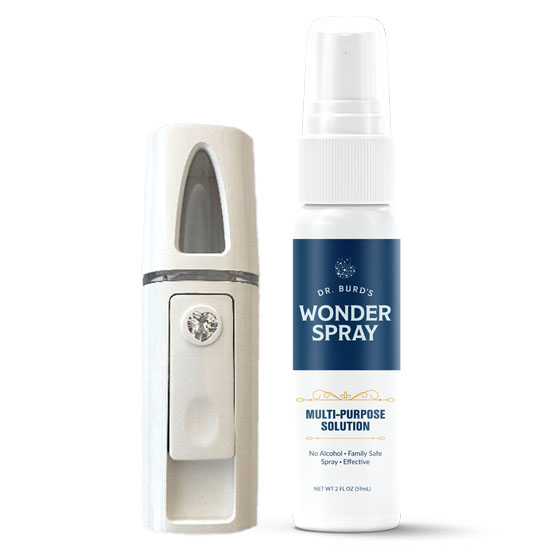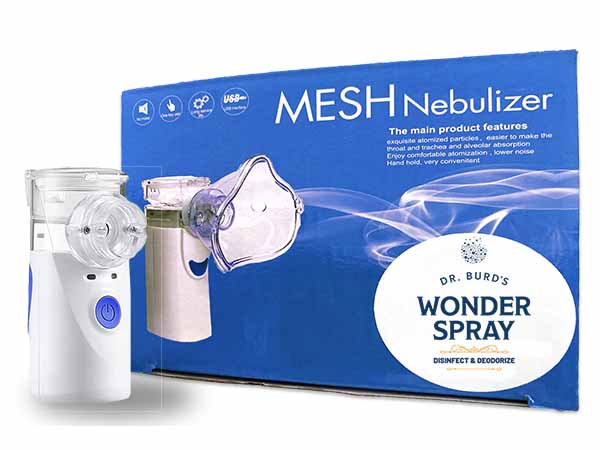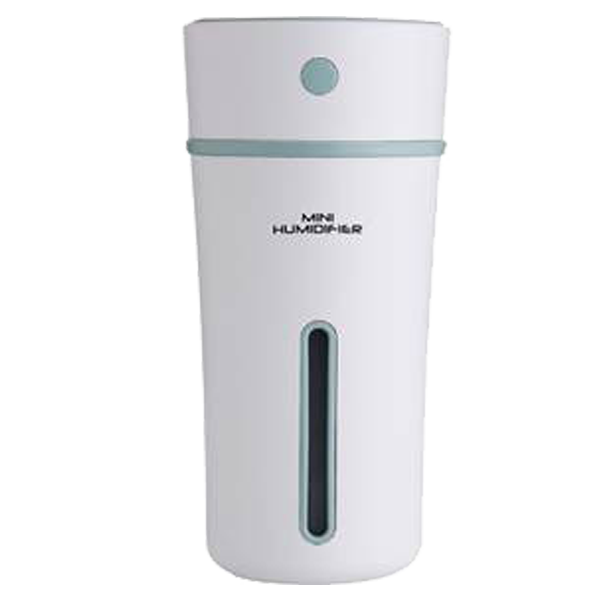Sore throat can make it difficult to sleep comfortably through the night. The discomfort and pain can cause irritation and disrupt one’s sleeping pattern. However, there are ways to sleep better with a sore throat. In this article, we will look at advice from health professionals on how to achieve better sleep with a sore throat.
1. Use a Humidifier
A humidifier can help ease the symptoms of a sore throat. It adds moisture to the air, helping to keep the throat hydrated and reducing irritation. According to Dr. Jodi Cobb, a family medicine physician at Henry Ford Health System, “using a humidifier in your bedroom can help soothe and ease the discomfort that comes with a dry, scratchy throat.” A cool-mist humidifier is preferable because it can help to reduce inflammation in the throat.
2. Stay Hydrated
Drinking water and staying hydrated is always essential, but especially when you have a sore throat. It helps to keep your throat moist and to relieve pain. “Staying hydrated is key with a sore throat, as it helps to prevent dehydration, which can make symptoms even worse,” says Dr. Cobb. It is advisable to drink plenty of water, juices, and herbal teas. Warm liquids can also help soothe the throat and make it easier to sleep.
3. Elevate Your Head
Elevating your head can help reduce the irritation and alleviate the pain associated with a sore throat. “Sleeping propped up on pillows can help keep mucus from pooling in your throat, which can worsen sore throat pain,” says Dr. Cobb. Using an adjustable pillow or sleeping with an extra pillow can help elevate your head and provide relief.
4. Gargle Salt Water
Gargling salt water can help to reduce inflammation and clear mucus from the throat. Health professionals recommend dissolving a teaspoon of salt in warm water and gargling it several times a day. Doing this before bed can help ease the discomfort and promote better sleep.
5. Use Over-the-Counter Medicines
Over-the-counter pain relievers and cough syrups can help reduce the inflammation and soothe the throat. Acetaminophen and ibuprofen can help alleviate the pain associated with a sore throat. However, it’s important to read the label and follow the recommended dosage. Health professionals also recommend avoiding cough suppressants, as coughing can help clear mucus from the throat.
6. Practice Good Sleep Habits
Practicing good sleep habits can help improve the quality of rest you get, even with a sore throat. Health professionals recommend establishing a sleep routine, which includes going to bed and waking up at consistent times every day. It is also advisable to avoid screen time before bed and limit caffeine intake in the afternoon and evening. Additionally, it’s important to sleep in a quiet, cool, and dark room to promote better sleep.
7. Seek Medical Attention
If the sore throat persists for more than a week or is accompanied by other symptoms such as fever, difficulty swallowing, or breathing difficulties, it’s advisable to seek medical attention. A health professional can diagnose the underlying cause of the sore throat and prescribe appropriate treatment.
Conclusion
A sore throat can be uncomfortable and make it difficult to sleep through the night. But with the tips above, you can improve the quality of rest you get and ease the pain associated with a sore throat. Using a humidifier, staying hydrated, elevating your head, gargling salt water, and using over-the-counter medicines are some of the ways health professionals recommend to achieve better sleep with a sore throat. Practicing good sleep habits and seeking medical attention when necessary are also essential for maintaining good health.










